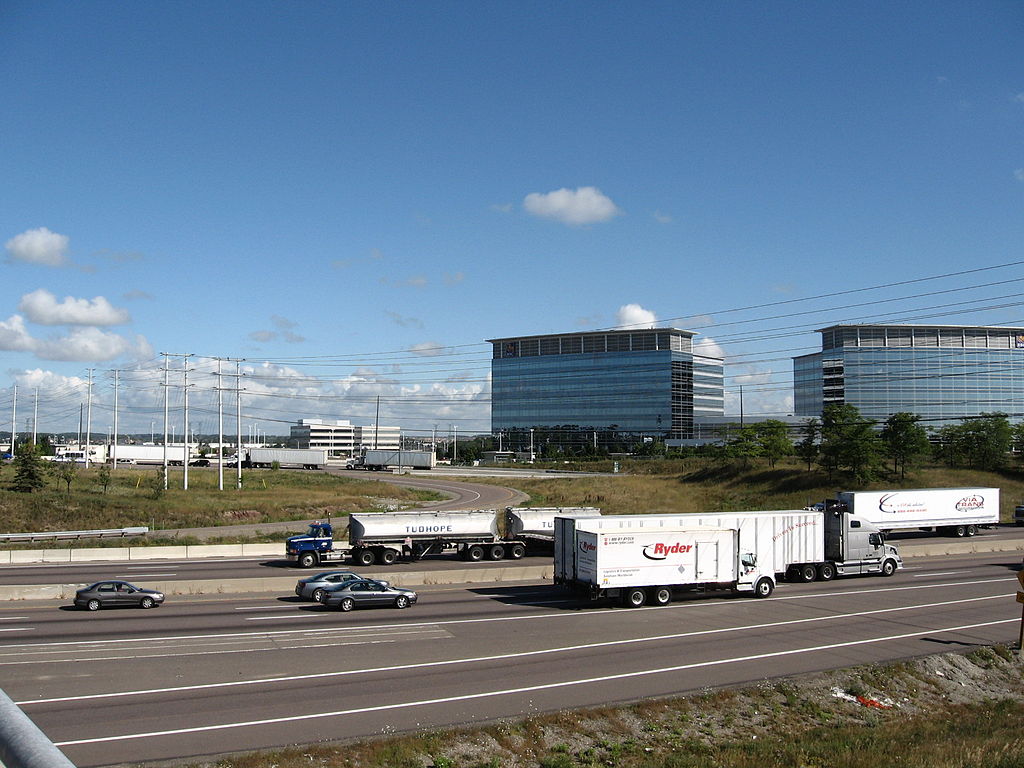Cloud-computing technologies have changed the way businesses handle daily tasks, and many business owners have moved tasks that were once handled on-site to the cloud due to the convenience and security cloud-based services provide. Inventory control and supply management are examples of tasks that can now be administered using cloud technologies, but whether your company should move its supply management or inventory control to the cloud depends on several factors.
If you’re considering cloud technologies for inventory control and supply management, below are several benefits of moving your software to the cloud:
Cloud Solutions Are Easily Scaled
The growth of your company over time and the scale of your inventory and supply management requirements can provide a lot of insight into the need for cloud-based inventory and supply management. When you work with small inventories, your business may be able to manage everything locally since all employees are located at a single sales facility and all sales are transacted in person.
When you branch out into online sales or selling at multiple locations, managing inventory becomes more complicated as more and more employees need to keep up with what your company has available. The same goes for supplies as the more locations your company operates, the greater the need to stay on top of supply management.
Moving inventory control solutions to the cloud allows all of your employees and all of your company’s locations to monitor inventory and supply levels in real-time. A cloud-based inventory control solution can also be set up to send alerts in the event that inventory or supply levels are running low, allowing your business to take proactive steps to get ahead of shortages. Additionally, most cloud-based supply management and inventory control solutions can be accessed remotely, allowing your business to interact with data while working remotely or while traveling.
Less Maintenance
Maintaining inventory control systems is vital for efficient business operations, but some inventory and supply management software solutions are complicated. Aside from the software itself, networking and other considerations need to be factored into maintenance and upgrades. The time, effort and cost involved in maintaining an on-site solution can be considerable, and as your business grows, these solutions often become more complex.
When you rely on cloud-based inventory control, your cloud services provider handles a good portion of the tech operating behind the scenes. While your business still has a lot of control over the software side of things in terms of managing inventory items and supply orders, your services provider handles the networking and complexities of routing connections. In some cases, your cloud services provider may also take care of upgrades to software and hardware so that your company always has the latest version of its inventory and supply management solution.
Improved Security
In keeping with the above, digital security is crucial when using any type of inventory control software. On-site solutions tend to require dedicated teams to handle data integrity and network security, but a cloud hosting service will usually provide much of this security as part of its networking agreement.
This can be a huge benefit for growing companies that are on a tight budget, and it can also remove some legal liabilities from businesses as well. If your cloud-based inventory control services provider offers security features, it would still be a good idea to have a legal expert review the terms of your agreement beforehand to ensure that your business and its customers will be protected properly.
Effortless Data Archival
Lastly, cloud-based software services for inventory and supply management often include backup services that automatically archive data. This can be incredibly helpful in the event that you need a reliable off-site backup to safely store inventory records, purchase order data for supplies and other important transaction history data.
Keeping this data on-site means that emergencies like fires, floods, power outages and other threats can potentially erase crucial data or corrupt it. While having an on-site backup system is a good idea, combining this with a cloud-based software management platform can offer additional peace of mind and data security.


